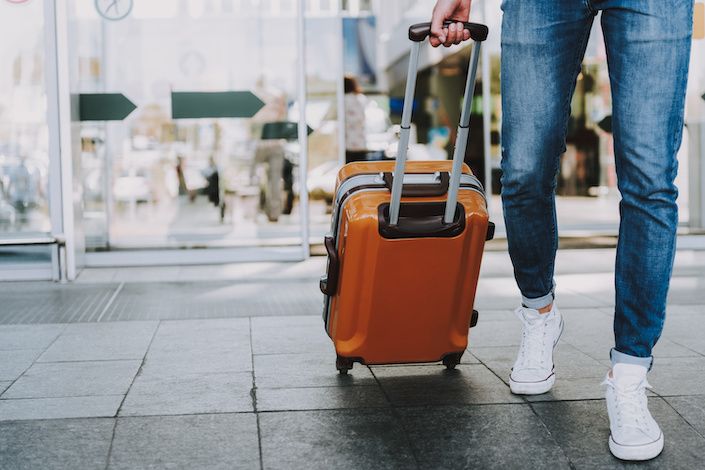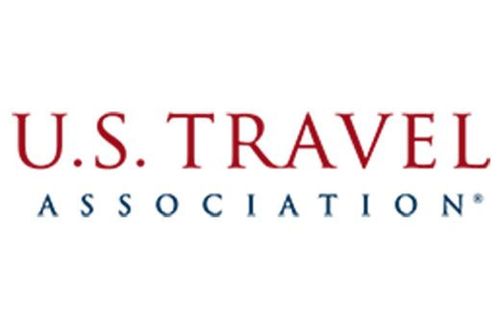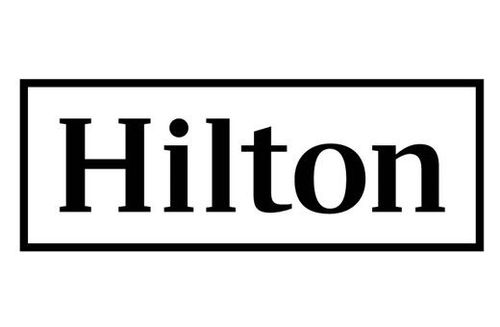Where travel agents earn, learn and save!
News / Summer travel expectations still strong but economic pressure and poor travel experience may weaken future demand
This summer, air travel demand is expected to be the strongest since pre-pandemic—and potentially the strongest ever. Over a quarter of Americans plan to increase the amount they are spending on leisure travel in the next three months (26%) up from 19% in Q1

This summer, air travel demand is expected to be the strongest since pre-pandemic—and potentially the strongest ever. Over a quarter of Americans plan to increase the amount they are spending on leisure travel in the next three months (26%) up from 19% in Q1.
Despite a banking crisis, increasing interest rates and higher travel prices, Americans continue to spend on travel and book trips, at least for the time being.
TSA reported that nearly 10 million Americans passed through security check points at airports over the recent Memorial Day holiday, 11% higher than 2022 and about 300,000 more than the same holiday weekend in 2019, consistent with AAA’s predictions.
What’s more: As of early April, just over half of all Americans (53%) and 81% of leisure travelers have travel planned in the next six months.
Expedia reported that flight searches are up 25% overall for June through August compared to the same time last year with the top domestic U.S. destinations including New York City, Los Angeles, Seattle, Orlando and Las Vegas.
What else: Even though demand looks strong for the summer vacation season and over the next six months, the toll of inflation and higher interest rates is impacting overall spending behaviors and we are starting to see a softening of some travel indicators as of the latest April data including hotel demand, air passenger traffic and travel spending, despite inflation.
- Recent analysis from PwC suggests that leisure hotel demand will soften in the later part of 2023 and into 2024, due in part to a slowing economy, though they expect the continued recovery in business demand to offset much of that loss.
- As interest rates remain elevated, consumers may be less able to make big purchases and utilize credit cards as the economy weakens.
Additionally, close to three in 10 travelers (29%) plan to save money by selecting less expensive accommodations or destinations, closely followed by 28% who plan to engage in cheaper activities.
As a result of more people traveling again—not just avid travelers who continued to travel throughout the pandemic—Deloitte also found that while trip frequency is up, trip spend and duration of many American’s main summer vacation is down compared to 2022.
- Nearly four in 10 travelers (38%) this summer expect their longest trip will last a week or more—down from 68% in 2022.
Airlines, airports and TSA are actively preparing for the upcoming busy travel season, yet the air travel system is not equipped to handle this level of demand.
A4A reported that they expect airlines will carry more than 250 million travelers between June 1 and August 31—1% higher than 2019. Yet, flight capacity is expected to be down roughly 11% due to operational constraints including new aircraft delays and air traffic controller shortages.
Go deeper: Airlines are hiring at a rapid pace and have increased wages to be more competitive. Yet, several major airlines are trimming summertime service amid concerns about air traffic control staffing levels, which nationwide are at about 80%.
And, the subpar air travel experience is already having a negative impact on travelers.
Two in five Americans (42%) say they have traveled by air for leisure in the past 12 months and 35% of those reported having a flight delayed or cancelled. Less than one-third of recent air travelers (32%) are very satisfied with the air travel experience.
Over half of Americans (52%) say they would travel more for leisure in the next six months if the travel experience was not as much of a hassle, significantly more than Q1 (29%).
The reality is our air system is challenged to handle this level of demand and threatens to deliver a sub-optimal travel experience and given the cost, a poor travel experience may further diminsh demand.
A path to progress: U.S. Travel is working with Congress to provide funding support in this year’s FAA reauthorization legislation to ensure all systems can meet travel demand safely and efficiently. If enacted, this funding would address staffing shortages for the aviation workforce and air traffic control and investments for improvements to technology deficiencies.











